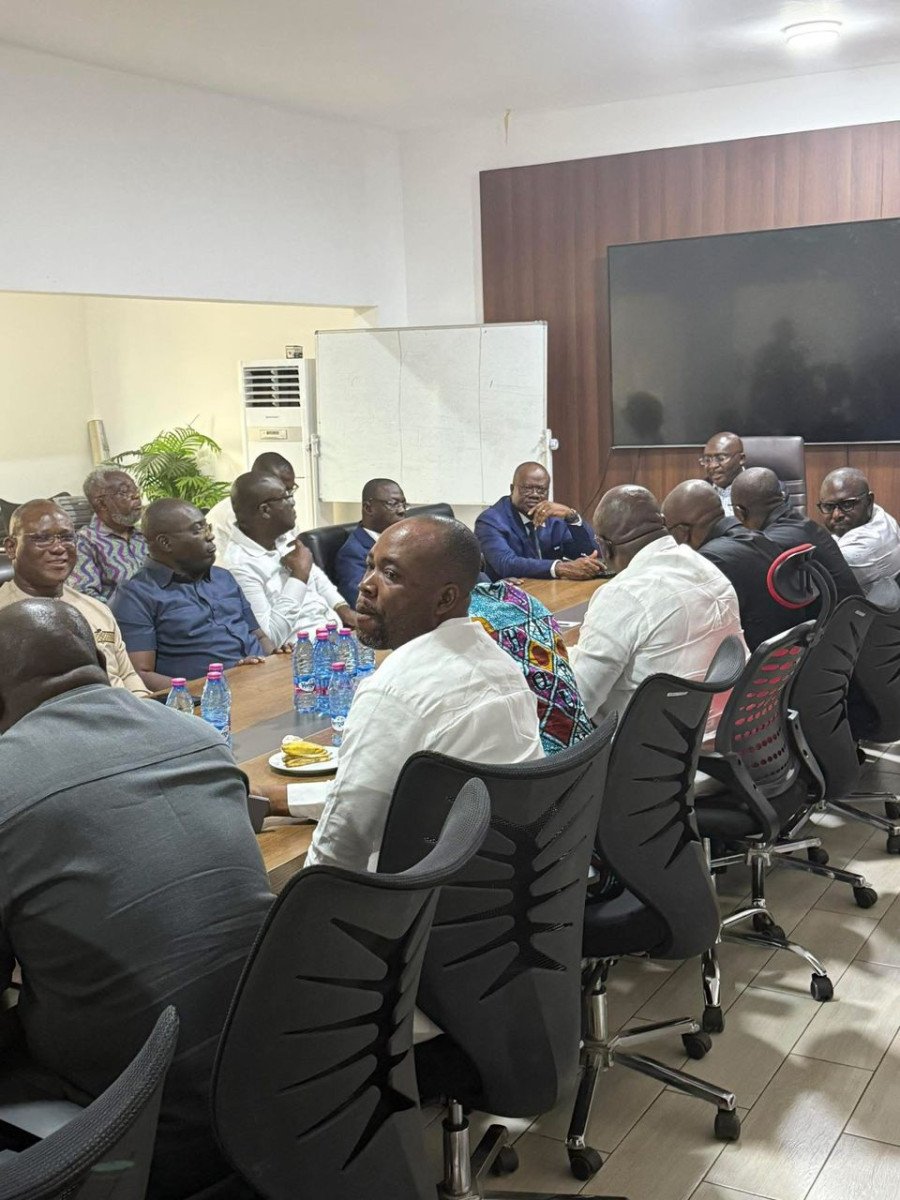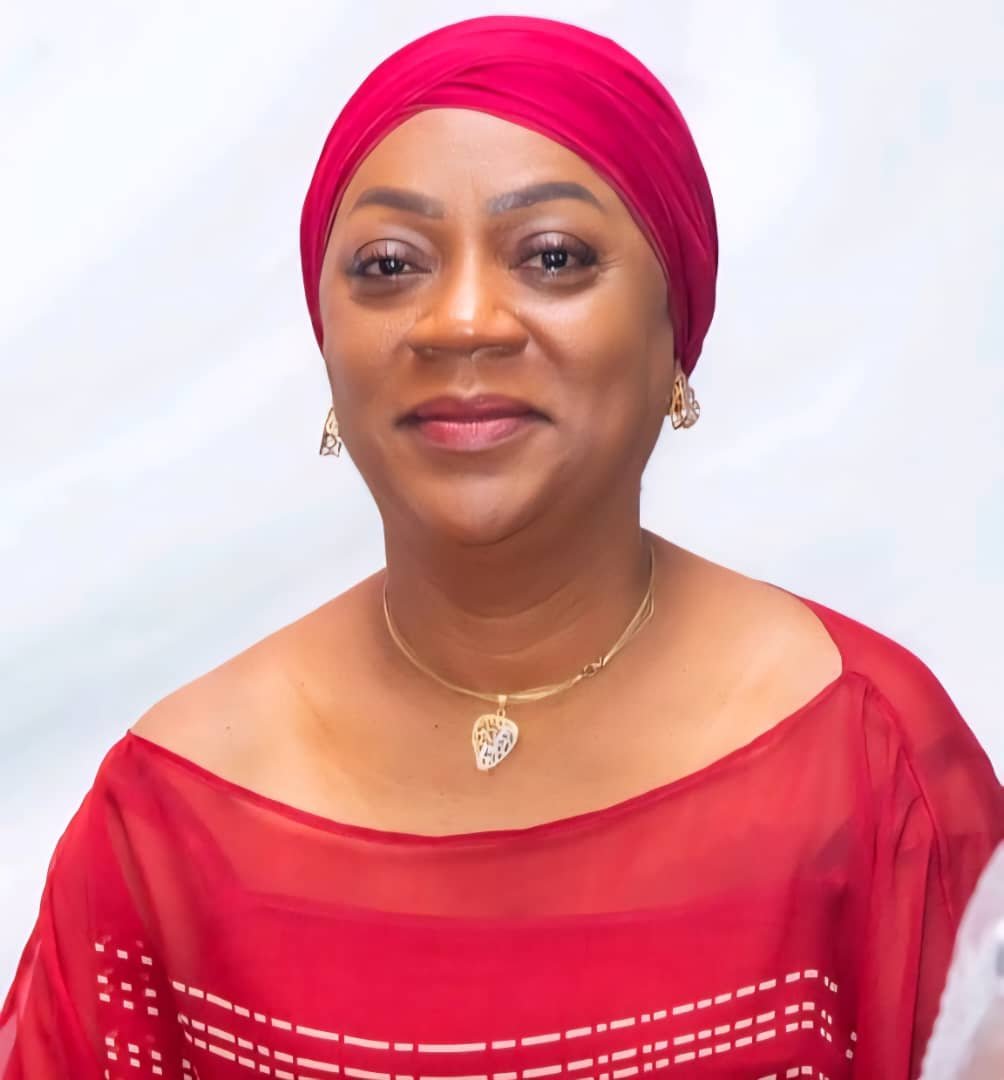The State Interest and Governance Authority (SIGA) has taken note of recent statements made by Mr. Franklin Cudjoe, Founding President of IMANI Africa, calling for the dissolution of SIGA.
The Authority believes that the Imani President's position would have been different had he sought clarifications from SIGA on the many initiatives and activities currently being pursued to exact performance and compliance from our Specified Entities.
The Authority, per this press release, seeks to educate the public on the significant contributions, impact, and continued relevance of SIGA in the governance of State-Owned Enterprises (SOEs) in Ghana.
In various jurisdictions around the globe, State-Owned Enterprises (SOEs) have been established as key pillars of national economic development strategies. Despite their significant economic role, evidence from the 1970s and 1980s reveals that SOEs generally underperformed compared to private firms, largely due to mismanagement and fragmented oversight among other factors.
To address these challenges, many countries adopted a central oversight model, aimed at ensuring that SOEs are managed efficiently, transparently, and in alignment with national economic goals.
Central oversight bodies have since been instrumental in safeguarding public assets, improving SOE performance, and promoting economic growth. In 1971, Singapore established SIGA's counterpart Temasek as the centralized body responsible for improving SOE performance and assets Today, countries like China, France, India and South Korea are model examples of the effectiveness of centralized oversight of SOEs in national development.
In 2015, a diagnostic study conducted by the World Bank on Ghana's SOE sector identified significant challenges in governance, management, and financial performance.
The findings revealed that the oversight of SOEs was dispersed across various government actors, resulting in overlapping responsibilities and authority. This fragmentation created irregularities in information between SOE management, the government, and civil society.
Furthermore, the lack of publicly available comprehensive financial information on SOEs severely undermined effective state oversight, strategic planning, and decision-making.
The findings highlighted the critical need for a more structured and centralized approach to SOE oversight in Ghana, recommending reforms aimed at enhancing efficiency and accountability. This assessment laid the groundwork for the establishment of the State Interests and Governance Authority (SIGA), which was formally created through the promulgation of the SIGA Act (Act 990) in 2019.
SIGA
SIGA is mandated to oversee and administer the State's interests in Specified Entities which comprises State-Owned Enterprises (SOEs), Joint Venture Companies (JVCs), and Other State Enterprises (OSEs). SIGA has an additional mandate to develop a code of corporate governance guidelines to promote sound governance within the institutions it oversees and
introduce private sector practices to drive efficiency, sustainability and profitability where applicable.
SIGAs strategic intent is hinged on three critical results: Organizational Excellence; Operational Excellence; and Financial Sustainability. The results drive the success indicators to attain the following broad goals:
Achieving SEs' Contribution to GDP of no less than 30 percent Consistently minimising losses in the Annual State Ownership Report Embedding Efficiency as a dominant characteristic of the SEs.
SIGA's strategic plan has three (3) phased objectives:
" The Short-Term objective of Transition and Consolidation which spans from inception up to FY2024.
SIGA has, over the past 5 years, made significant strides towards the attainment of its short-term objectives. The Authority has been set up with competent staff who work in a matrix approach, and with synergies. In addition to the existing laws (SIGA Act, PFM Act, PFMR), there was an urgent need to develop additional policy documents and frameworks to guide and strengthen SIGAs oversight work.
Through collaborations with other stakeholders, SIGA has developed the Code of Corporate Governance which received cabinet approval ni FY2023. Additionally, SIGA worked with MoF/PIAD to develop the State Ownership Policy which was approved by Cabinet in FY2023. These policy documents have provided further guidance and direction to strengthen the legal and institutional framework for oversight, and good corporate governance culture in SEs.
To ensure legitimacy with SEs and other stakeholders, the Authority has successfully developed the list of Specified Entities which also received Cabinet approval in FY2023.
The list provides clarity on SIGA's scope for SE oversight. The current list has one hundred and seventy-five (175) SEs comprising fifty-three (53) SOEs, forty-seven (47) JVCs and seventy- five (75) OSEs. This has strengthened engagements with SEs through the signing of annual performance contracts, monitoring of SEs' operations in line with performance contract targets, annual evaluation of performance to provide feedback for improvement, training of boards and entity heads on good corporate governance, annual stakeholder forums, facilitating request for government support for distressed SEs, portfolio management among others.
Additionally, SIGA has facilitated engagement with other stakeholders to harmonise oversight and avoid duplication of oversight.
Another cardinal mandate of SIGA is to advise and make recommendations to Ministers and government for approval. Accordingly, SIGA together with other stakeholders has completed the equity study of SEs and a report on the disposal of defunct SEs. These have also received cabinet approval for implementation.
The Authority's work has earned legitimacy with local and international agencies who have chosen to work with SIGA to transform the fortunes of SEs in Ghana.
To update and enhance the monitoring and evaluation of SEs to deliver value, SIGA has commenced a real-time monitoring project which is meant to digitalize the SE reporting space and ensure that SEs can log onto a portal and upload all financial and operational information in real-time for analysis and decision making.
The pilot stage of phase one (1) is almost completed and a significant amount of data from SEs has been uploaded onto the portal. The
next stage will be to pilot the system with selected SEs, whilst an assessment of all SEs' 2
Looking Ahead
The Authority will press on to the medium-term objective of Expansion and Growth from FY2025. This will be marked by optimisation of the value of GoG shares in SEs, Rationalisation of ES portfolios to align with mandates, phase 2 of real-time monitoring and consolidation of funding for the Authority and SEs.
The Authority will continue to deepen relationships with stakeholders to court support to effectively monitor, evaluate, and support SEs with recommendations and actions to improve their performance to turn efficient and profitable where applicable. In that same regard, exit decisions such as full or partial privatisation, listing on the stock exchange, disposal of defunct assets among others shall also be pursued.
As SIGA marks five years since its establishment, the Authority remains committed to its mission of enhancing the performance and governance of SOEs. While challenges remain, the progress made thus far is a testament to the importance of centralized oversight in the SE sector. SIGA will continue to work with all stakeholders to ensure that SEs are well-positioned to drive economic growth and development.
We encourage public support for SIGA's efforts to ensure SOEs contribute to national development and invite constructive dialogue from all stakeholders. To further this, SIGA will host an Editors' Forum later this month to educate the media and the public on our mandate and impact, providing a platform to share insights and discuss our progress.
A follow-up stakeholder engagement will also be held with civil society, academia, and the public on the subject. Whilst at that, the general public is invited to access information on the Authority's activities and programmes at our office during normal working hours within the week and on our website -www.siga.gov.gh and on all our socials.








